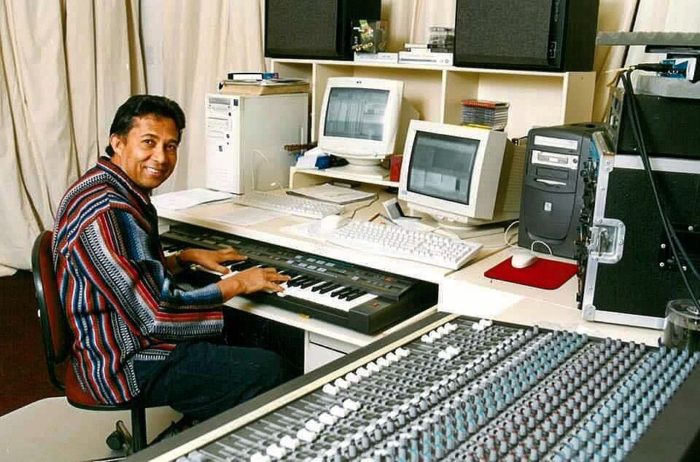The family of late Cape Town musician Taliep Peterson were left shaken at the news that his murderer, Abdoer-Rasiet Emjedi, was released on parole on November 11. He served only 11 years of a 24-year sentence.
Peterson (56) was shot dead on December 16, 2006, during a robbery at his Athlone home. It was later discovered that the robbery was an orchestrated hit by his wife, Najwa Dirk.
Emjedi and Dirk recruited co-accused hit man Waheed Hassen. They were found guilty of murder and robbery with aggravating circumstances in 2009. Dirk was sentenced to 28 years, which she is still serving at Pollsmoor.
In a statement, the family explained that Emjedi’s recent release resurfaced feelings of grief and loss after being “blindsided with the news via social media, triggering the hurt of the untimely and gruesome murder of our beloved father and brother.”
The statement continued: “We had numerous phone calls and e-mail correspondence with the Regional Head of Corrections, the Area Commissioner and a Senior Advocate, amongst others. After an initial positive engagement, the aforementioned proverbially disappeared. Despite follow up emails and desperate attempt to engage anyone with a level of accountability-nothing-even after we were requested to furnish the Department with the details of the case.”
The family decided to go public to put pressure on the justice system to answer to their decision to release Emjedi.
“Our humble request is to understand why this individual was placed on parole after only serving 11 years of his 24-year sentence? Why were we as the family not notified of this decision and given the option to engage in a mediated dialogue with him as was the case with co-accused, Jefferson Snyders some 5 years ago and Waheed Hassen in February this year, though the latter we denied.
“To many, it would appear that enough jail time has passed and 14 years is an ample grief period but to us who were left and are still left to pick up the pieces of our lives shattered by these criminals, it is not enough.
“We want answers. We NEED answers. We would like to believe that this parole decision was not another public failure by the justice system but without the information, we are inclined to draw our own conclusions,” the family concluded.
According to the Department of Correctional Service (DCS) spokesperson Singabakho Nxumalo, Emjedi was considered for parole after serving the required minimum detention period and receiving six months’ amnesty in 2012.
“It has to be noted that parole does not reduce the sentence imposed by the courts. It only affects the way in which a sentence is served,” Nxumalo said. “Over the past 26 years, the prison system has transformed from a punitive system into a rehabilitative system, with the aim to correct offending behaviour prior to placement back into communities.”
Picture: Facebook / Ashur Peterson

